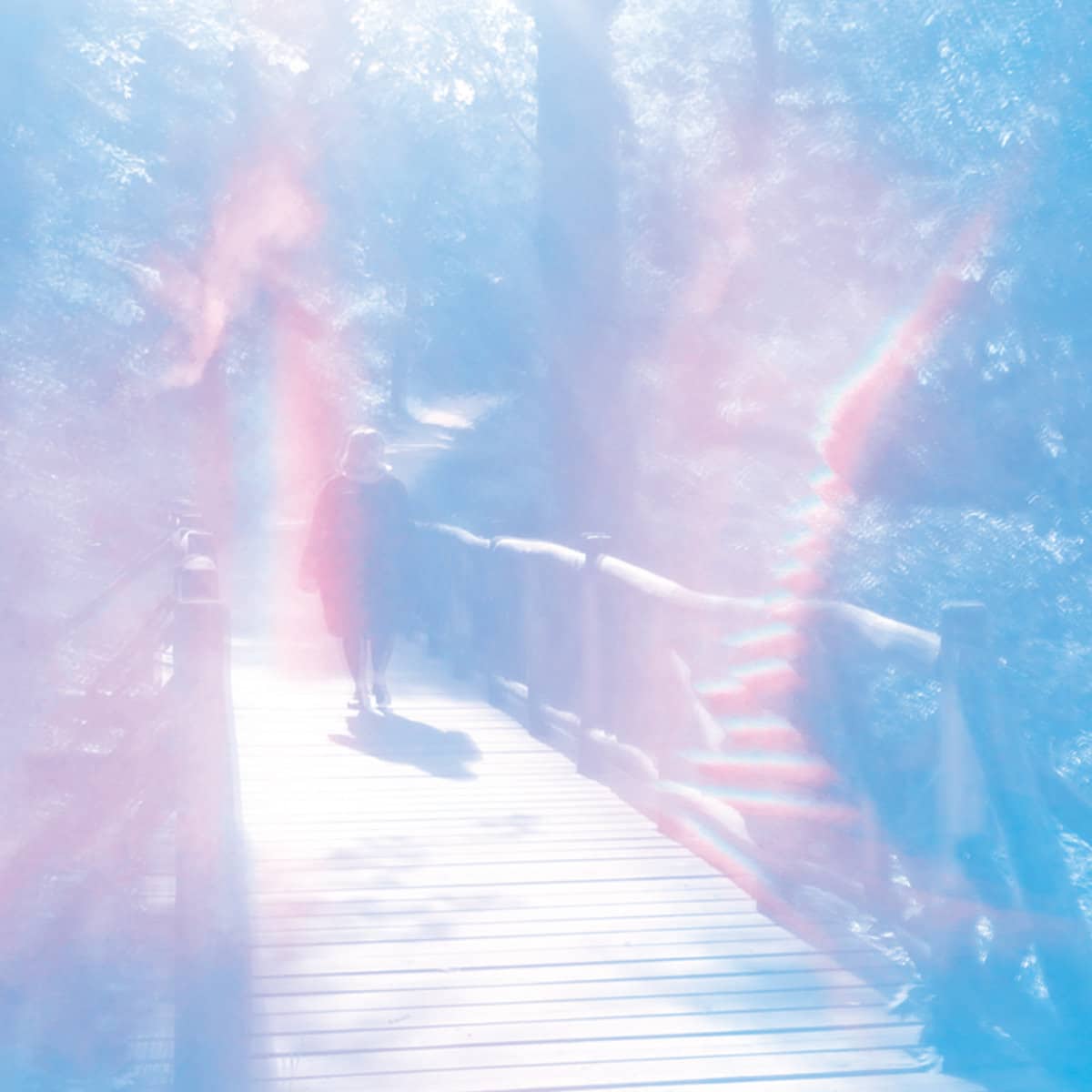The cover art of Paradise Gardens features a photograph that has been manipulated to look fuzzy, dreamy, and surreal, shining with a baby blue haze. There is no better visual metaphor for the music of White Poppy on their newest album than that of its own cover art.
Apart from the obvious shoegaze and dream pop influences, Paradise Gardens finds songwriter Crystal Dorval interpolating elements of chillwave, post-punk and post-rock, allowing the album to showcase some new sounds previously unheard of on her previous work.
The opener ‘Broken’ breaks away from the mold the most, featuring a driving riff reminiscent of artists like Ariel Pink and those of the 2000s New York indie scene and hazy vocals straight out of Heaven or Las Vegas-era Cocteau Twins. A combination that is somehow both cliché and rarely seen in the modern indie scene but – as shown here – if done properly can still be very effective. ‘Hardly Alive’ takes a similar formula but adds in a level of dreaminess that makes the listener feel as if they are sitting on top of a pile of fluffy clouds, somewhat ironic, considering the stark lyrics about being stuck at home.
The album downshifts into a much slower and meditative nature for the rest of the tracks. It is also on these songs where Dorval is clearly at her most comfortable but the familiarity and comfort can slip into moments of complacency.
Almost all tracks past ‘Hardly Alive’ features similar elements: a quasi-new age synthesizer filling up the background, guitars playing high pitched riffs and vocals that are drowned in layers and layers of effects. To put it simply, a slower version of the Cocteau Twins.
Dorval executes those sounds well and Paradise Gardens is an agreeably pretty and dreamy record. However, one cannot help but want some change-ups to break up the homogenous nature of the bottom half of the record.
That being said, there are sparks of life in the latter half. ‘Orchid Child’ and ‘Silence’ embrace a slightly more post-rock and electronic sound, one that wouldn’t be out of place on Broken Social Scene’s Feel Good Lost. Even with a darker influence, the tracks still sound as if they were crafted in a kaleidoscope and never seems to lose the overall bright and uplifting nature that infuses the rest of the record. However, these brief changeup’s of White Poppy’s tried-and-true formula is not enough to break away from sounding similar to the other tracks. Furthermore, they are marred by the soft-focus vocals that leave Dorval’s lyrics borderline undecipherable.
TParadise Gardens is enjoyable and its yoga in the sunrise sound has its place in the world. Unfortunately – aside from some of the early tracks – the album is just a little too bland and a little too derivative to make it truly stand out in a day and age where hazy indie acts are a dime a dozen.









